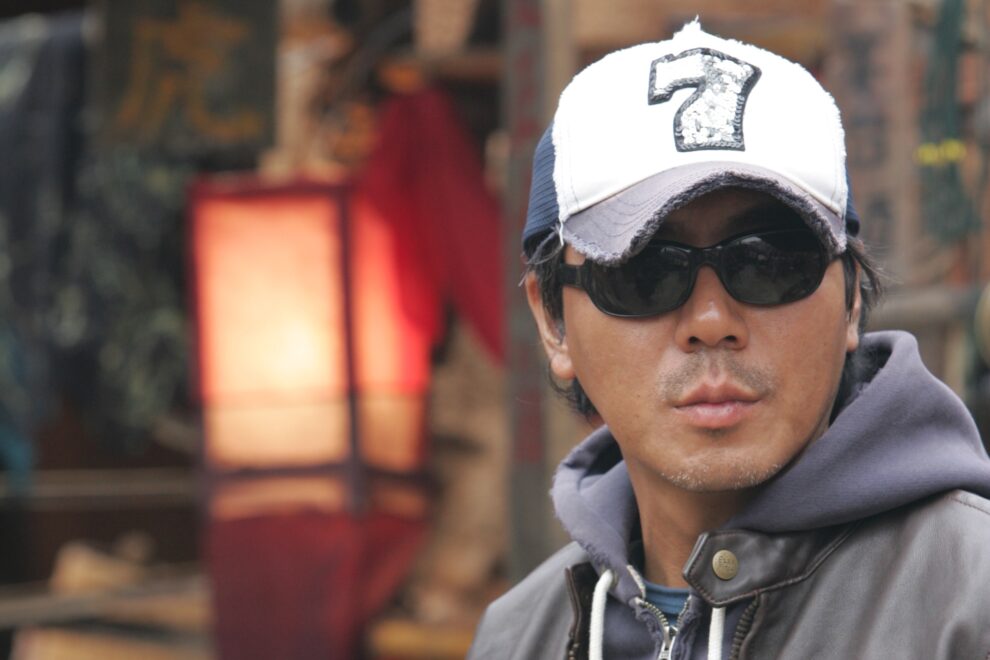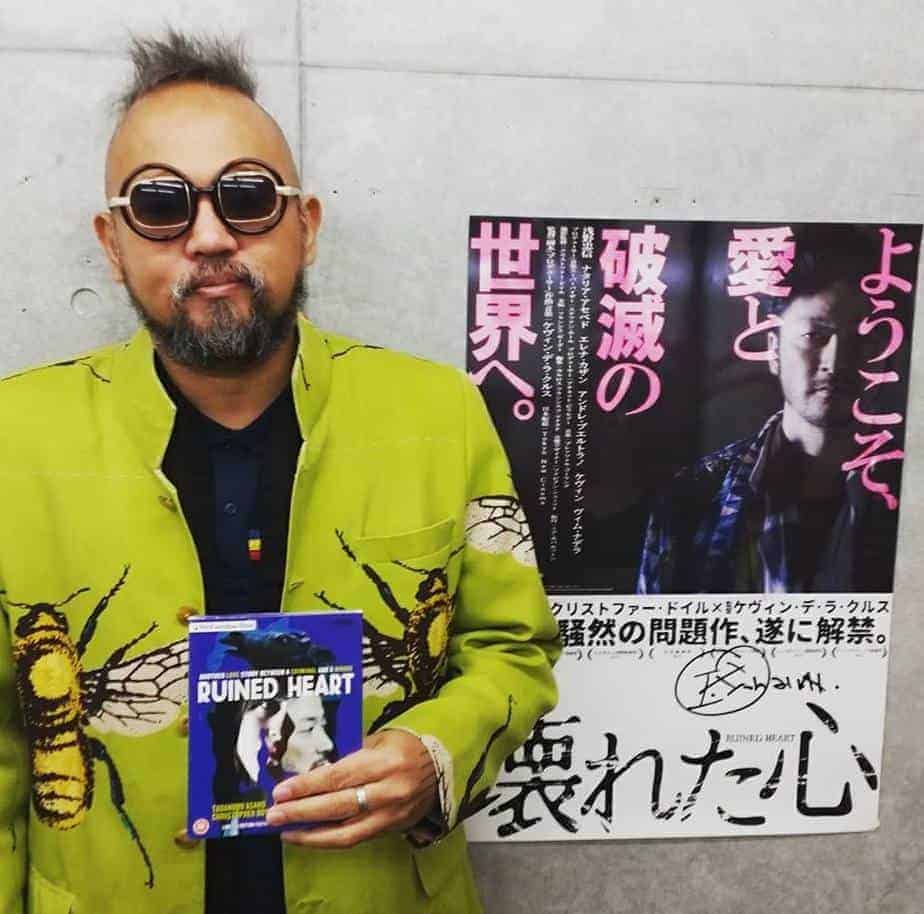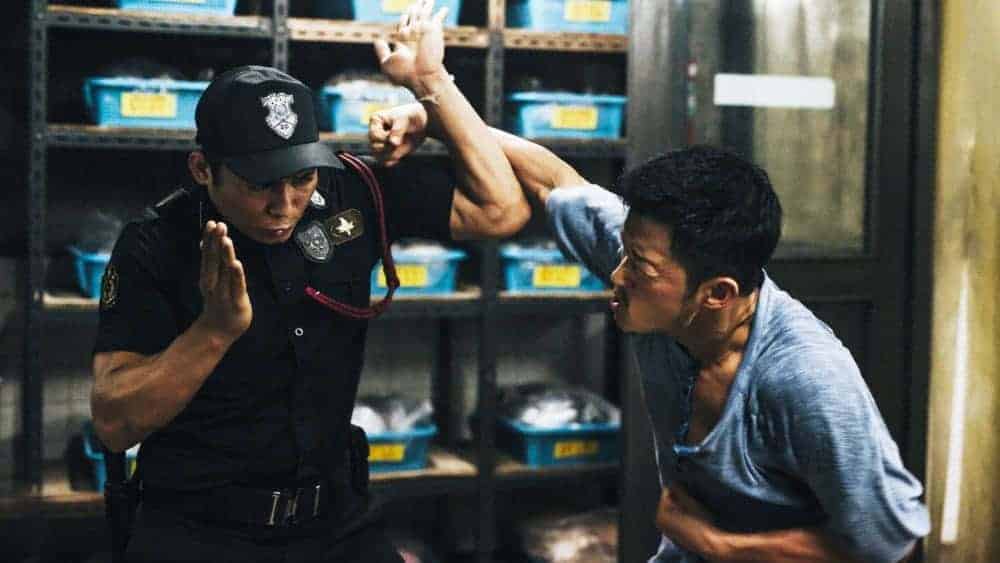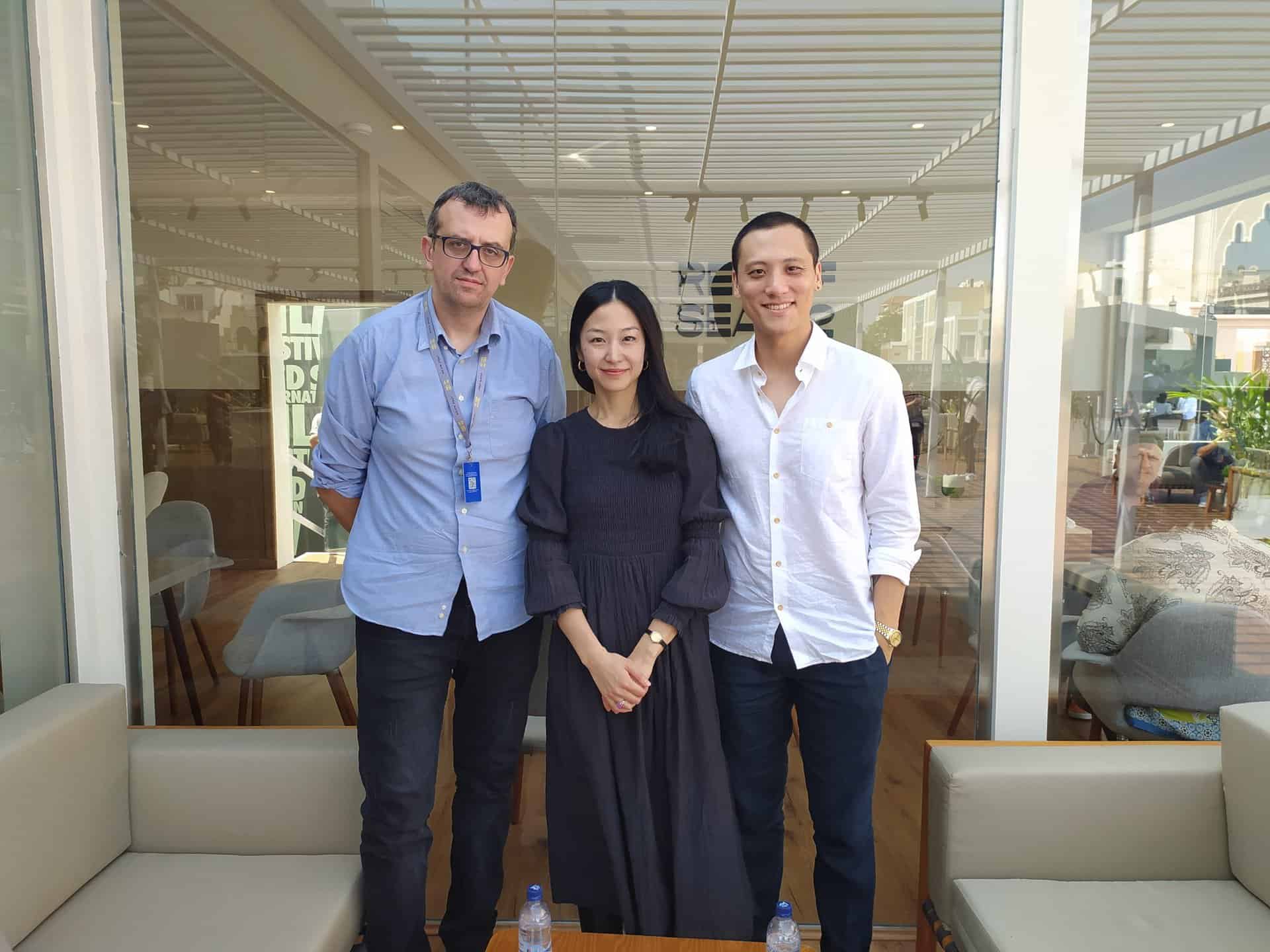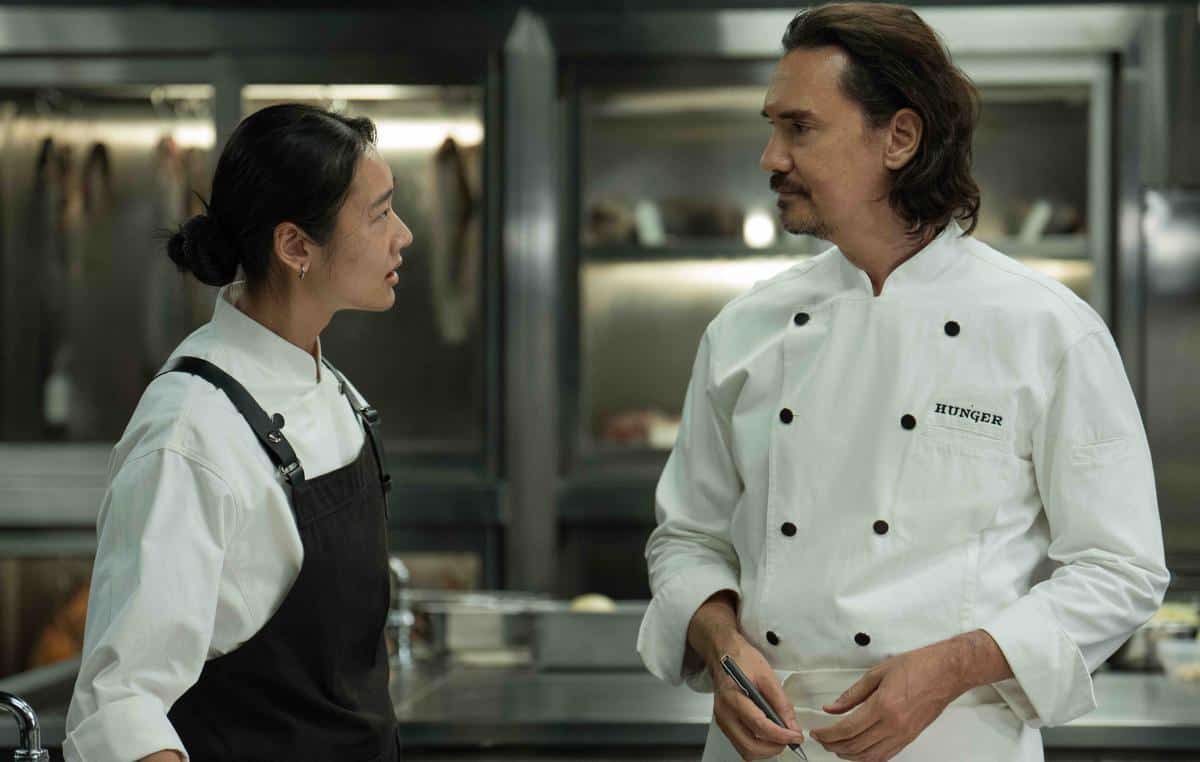Kim Jee-Woon recognised by many as one of not only Korea but the world's current best film directors, Kim Jee-Woon brings a certain edginess and risk to his films unmatched in the film world. His films cut through hard hitting subjects with ease, leaving audiences and critics in awe of his directing talents. Kim's most recent films have crossed the Korean border to be international hits (I Saw The Devil, The Good, The Bad and the Weird) and now tasked with a few English Language projects the future is bright not only for Kim Jee-Woon but also the recognition of Asian cinema internationally.
Kim Jee-Won joins AsianMoviePulse today, as we gain an insight into the makings of a great film director and the pressures of outside influences on films in the 21st century.
The Interview
Your films all have a common theme of tackling subjects most would find incredibility difficult to commit to film. Arguably I Saw the Devil is your riskiest film, yet somehow the film still manages to not overuse or glorify the violence. When creating edgy films such as this how do you weigh up how much violence is necessary for each scene?
Kim Jee-Woon : Firstly, one must look closely at the film's inner unique tone and rhythm. Finding out the goal of the film is important too. Then, naturally the standard of the film's inner explicitness is created. According to that and the cinematic tone and rhythm of the film, I held back on unnecessarily overly violent scenes and contemplated how I could transform common scenes into special moments. I also felt it was important to reference films both at home and abroad that dealt with violence creatively, in order to judge the explicitness.
Your most recent films have all had an array of acting talent involved. How do you manage the scene time for each A list actor, and surely given your track record, actors must be knocking at your door to be in your movies?
Kim Jee-Woon: Directors who employ star actors need to be careful about balancing the proportion of their roles the most. That is a very fussy and sensitive job so a director that does that well can be said to be using the star system well. One has to not approach it mechanically but bio-physiologically in order to create the right chemistry.
What do you believe it is about Korean cinema that has helped it break from the country borders to captivate audiences around the world? With Stars, Directors and Films all now becoming internationally recognised where do you see Korean cinema in 10 years time?
Kim Jee-Woon: Korea has respected a director's style and uniqueness more than any other country. Consequently, Korea was able to produce many strong films by directors. Where youthful energy has met film has developed aesthetically and industrially. The films which can appeal to young audiences have always been innovatively expressive, powerful and uniquely styled. Korea especially has shown a strong aspect of having many diverse styles of genres.
The young film people in Korea have demanded pleasure in the genre that they have chosen, and an elevation in standards in terms of style. They also have created an atmosphere of imbuing the director with many rights which has interacted with their demands further. It is questionable whether this trend will continue. As with countries with well-developed film industries, Korea has started to see large budgets come in, which has started to interfere with the understanding and logic of working with large budgets.
I understand that you were forced to make cuts to I Saw The Devil by the Korean Film Board. When cuts are forced upon a director, how does one go about the task of re-evaluating their work in order for the film to meet the satisfaction of another party? I imagine it could be a pretty difficult position to be put in, or does the wide appeal of the digital disc format now mean that directors can get away with making cuts, knowing that they still have the opportunity for their films to be seen in their entirety on the smaller screen?
Kim Jee-Woon: It is not so easy to create a cut that the investors, producers and director are all satisfied with, even more so when creating a film with high explicitness like this. It is important to be able to persuade each other and give each other time to understand it despite not being able to please everyone. In that process, compromise can always be found where everyone can agree (or pretend to agree). However, I have always made films where everyone has suggested their opinions but left the final editing to the director. There is a saying that all that is left for directors is a DVD or Blu-ray. That serves both as medicine and poison. Somewhere they make the Director's cut but cinemas also tend to compromise using the excuse of the Director's cuts on DVD or Blu-ray.
And finally, you must be incredibly happy with the success of I Saw The Devil, not just at the box office but from critic reviews too (including ourselves). We hear your next challenge will be your first English Language Film. Is this true?
Kim Jee-Woon: There are a few films that I have been offered. There are two English films that have finished adaptations where one is an action film about sheriffs guarding a small town. The other is a project that remakes a French film noir in Hollywood.
However, there has been no official contract and nothing has been confirmed.


